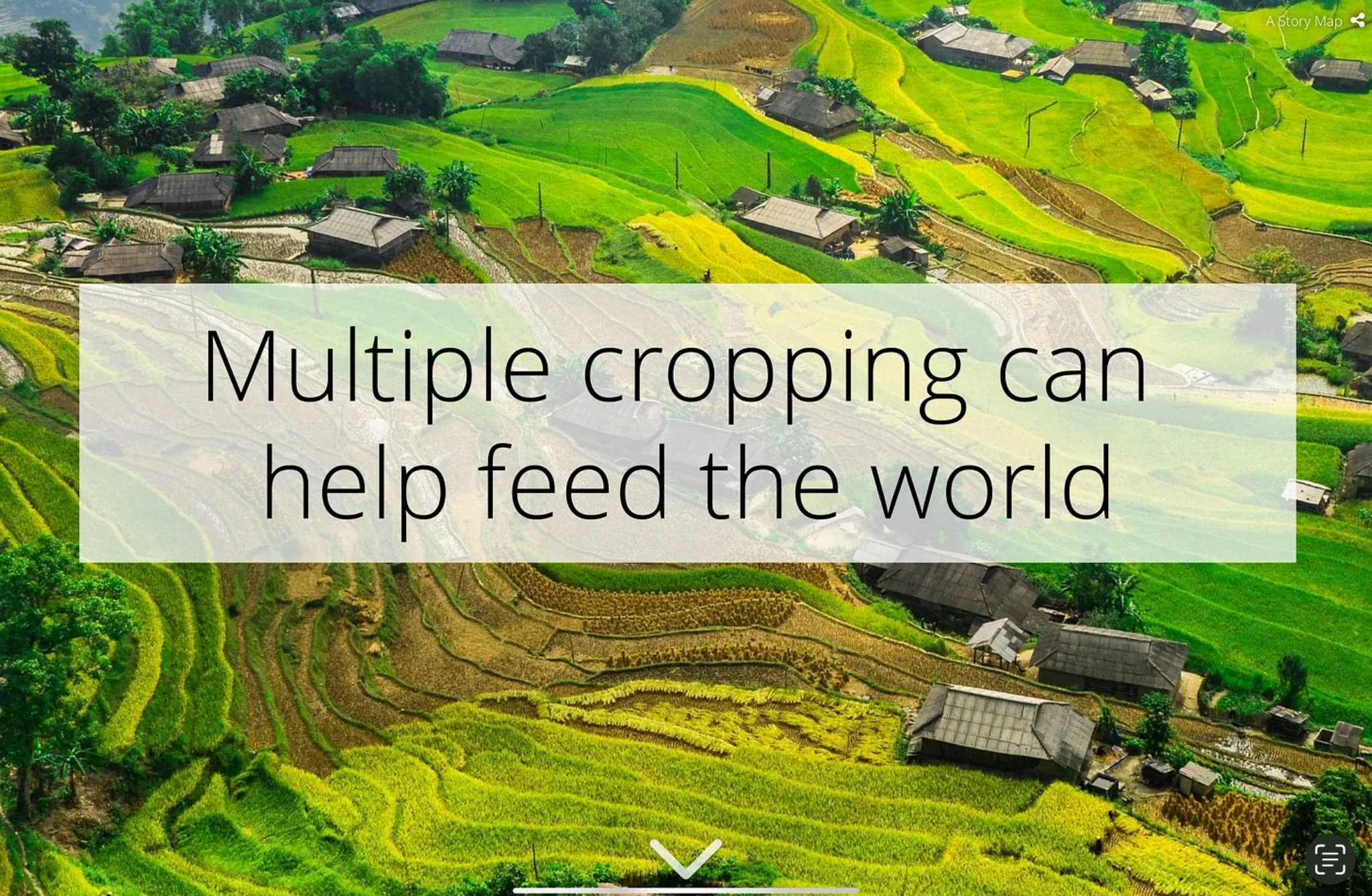Food must become economically sustainable for the good of all. How do we do this?
We choose not to ignore basic rights to food, water, shelter and energy. As a result we strive to overcome mounting problems, exploring how can we all nourish ourselves whilst nurturing our world.
Do you eat? What a question this is - of course you do!
Do you care about the cost of your food? Again, yes!
Do you also care what profit a farmer is making while toiling over fields to produce ingredients for your food? We hope you do…
As a farmer, or an investor with interests in agro tech, farming or crop yields, would you like to see more profit, actually any profit at all? Again we would assume 100% would say yes, what’s the point if we don’t make a living?
We ask these questions today because there are worrying trends affecting nearly every aspect of our food industry. A stark example is that arable farmers have seen profits fall dramatically more than 50% for the last two years in a row. (see statistics in “read more” at the bottom of this article).
Also, to take you a bit deeper down this fundamental rabbit hole, if you knew how many hectares are farmed in the world and were aware both how many people are predicted to be in the world, and also how many migrants are moving to areas of our planet less effected by turmoil, conflicts and climate, would you say it’s better to just be mono cropping fields which produce one yield per year with shrinking profit margins due to costs, or is it better to increase yields deploying biodiverse and multi cropping in a higher percentage of our fields to produce more healthy nutritious foods, greater yields and better profits?
It is hard to have a finite opinion on “the Way of Food” because certain farming works in certain areas of the world, as each crop and food source grows best in certain conditions. Certainly it is hard to argue a case against mono cropping in the highest percentage of of our fields because of our massive global demand for the two largest crops, corn and wheat, especially when giving their fields time to rotate, breathe and gather more nutrients. We are fans too of urban farming, vertical farming and hydroponics. What we do have opinion on is a future reliance of too much irrigated water, as well as our championing of permaculture and organic foods not needing purchased fertilizers or sprays.
We also know, as we have been involved for the last twenty years in providing food to the very poor and people caught up in wars and crisis around the world, that in the epicenters of chaotic territories we can not ask the question to a starving soul “are you gluten, grain or dairy free?” Corn and wheat are a life-giving vital need for a vast majority. Today there is catastrophic famine and hunger. In the last few days care givers in one country, Mozambique, told our Food4Africa team in South Africa that they are giving out 300,000 meals a day in the northern territories as Isis led insurgencies increase. In this case we can help but we could be handing out tens of millions of porridge meals every day to people in need around the world if we were able.
Yet there is concerning and growing evidence that the food industry that we have taken for granted to provide for our every meal is increasingly fragile, just when we need it to be strong.
At our kitchen tables, and in our lives today we are much more interested in asking the questions to our forums than settling on the answers given through time that have us where we are, and what we are increasingly experiencing as a collective today within this age of our humanity.
Today we have our own opinions, as you will,………….. read on
